The spectre of a Super League has been haunting football for decades. Ever since Real Madrid drew Napoli in the first round of the European Cup in 1987, the powers that be decided that it was vital for teams representing the big television markets to be kept as safe as possible for as long as possible.
From then on, the introduction of a group stage was inevitable, with the idea being that it would guarantee more games for the champions of Germany, Spain and Italy, and also increase their chances of still being around at the business end of the competition.
However, even the introduction of the Champions League, in 1992, couldn't kill off the idea of a Super League.
Italian company Media Partners attempted to start one just five years later. UEFA capitulated, expanded the Champions League to include more teams and even more matches.
The European Club Association (ECA) is the body which looks after the interests of some 220 clubs across Europe but is seen to do the bidding for the so-called super clubs right at the very top. Karl-Heinz Rummenigge of Bayern Munich was its previous chair and the current one is Andrea Agnelli of Juventus.
Rummenigge has made no secret of the fact that he wants Bayern Munich and selected others to have access to the kind of money made by Premier League clubs. He has also been vocal about the prospect of a Super League in public and – according to Der Spiegel's latest leaked documents – in private too.
He played an extensive part in negotiations with Relevent Sports chair and International Champions Cup organiser Charlie Stillitano a couple of years ago in the run-up to the renewal of the Memorandum of Understanding between the ECA and UEFA.
That agreement makes official the participation of the clubs in UEFA’s flagship competitions, the Champions League and the Europa League, and the ECA has gained significant concessions in the last few three-year renewal periods.
By using the Super League as a stalking horse, they secured exactly what they wanted from UEFA.
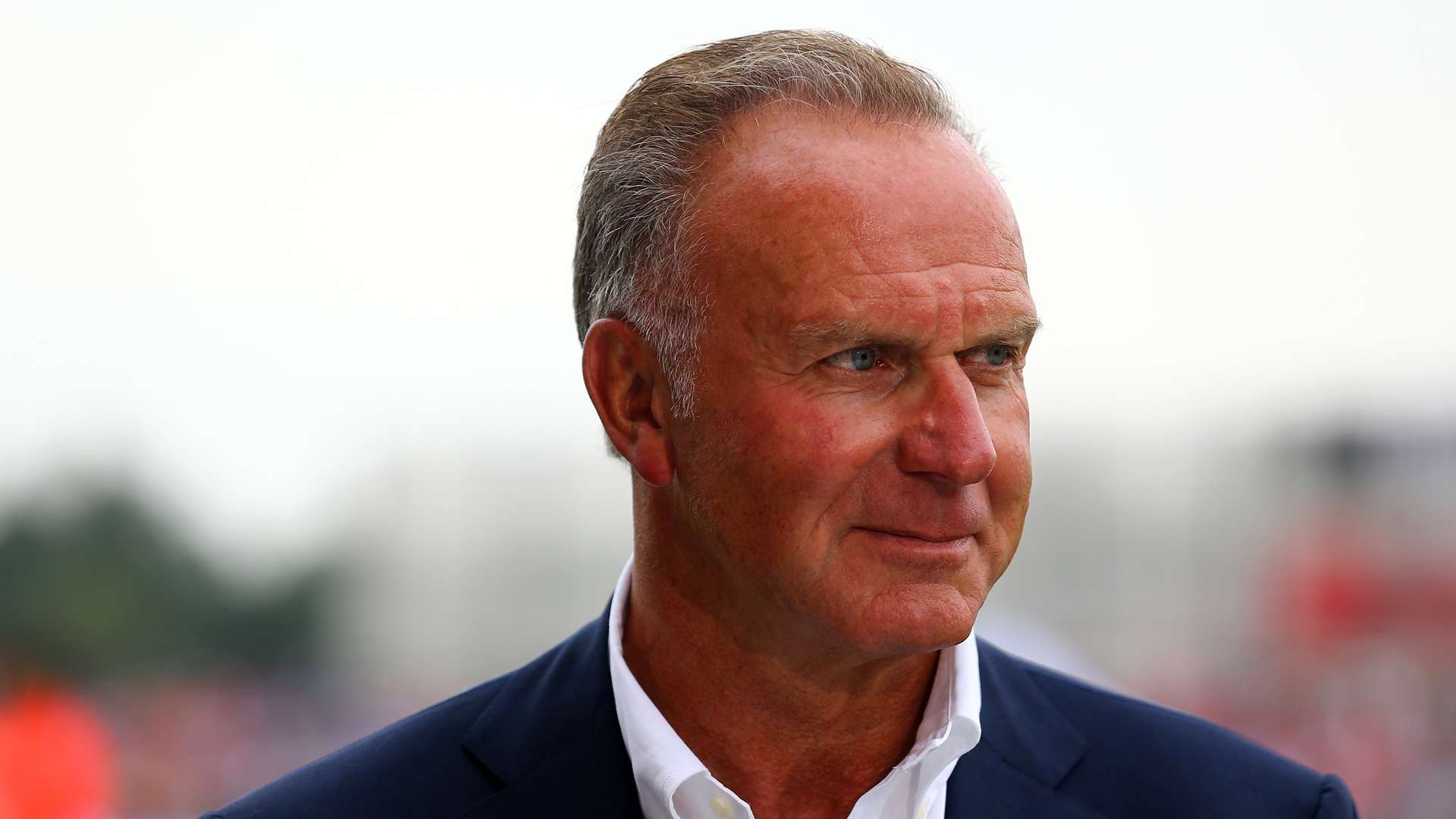 Getty Images
Getty Images
The wealth of the Premier League was the chief catalyst for the latest threat of a breakaway.
The English top flight has become the biggest, most popular championship in football history and brings in the money to match. Until the recent distribution reshuffle, it was worth more to finish bottom of the Premier League than to win the Champions League.
By taking selected super clubs continental, the ECA envisaged an NFL-style bonanza which pitted the best against the best – week after week – and ensures massive incomes all round. In the face of this continued threat, UEFA once again caved.
The August 2016 announcement of a new competition format for the Champions League – covering the UEFA Clubs Competitions Cycle 2018-2021 – represented a massive shakeup.
For the seasons covering 2018-2021, the top four national associations – Spain, England, Germany and Italy – have four teams automatically qualify for the Champions League group stages. Only 16 places will be divided out amongst the rest.
Teams who had been good in Europe previously but who are bad now – like Manchester United and AC Milan – would be safeguarded by a sort of historical bonus. A full 30 per cent of UEFA’s participation money will be allocated on the basis of 10-year performance-based coefficient rankings.
The ECA won more from UEFA in the creation of a new subsidiary company – UEFA Club Competitions SA – which now manages club competitions. It was a fait accompli from the clubs but it saved the Champions League.
This compromise, however, won’t endure. UEFA has only managed to kick the Super League into the long grass but as these leaked emails show it will come back. Whatever the big clubs demand in the next negotiations will have to be facilitated again to ensure their ongoing participation.
But what the clubs want and what the fans want are diametrically opposed. The big teams want the guarantee that they’ll make significant progress – and significant money – season after season without inconvenient defeats on the field tripping them up along the way.
For clubs like Juventus, Bayern and Paris Saint-Germain the attraction is fewer matches against pitiful clubs in their own domestic leagues. The gap has grown so big that those scarcely qualify as competitions any longer.
The Premier League is suffering that too; the only difference is six teams have managed to pull away there and not two, as is the case in Spain, or one like in Italy, Germany and France.
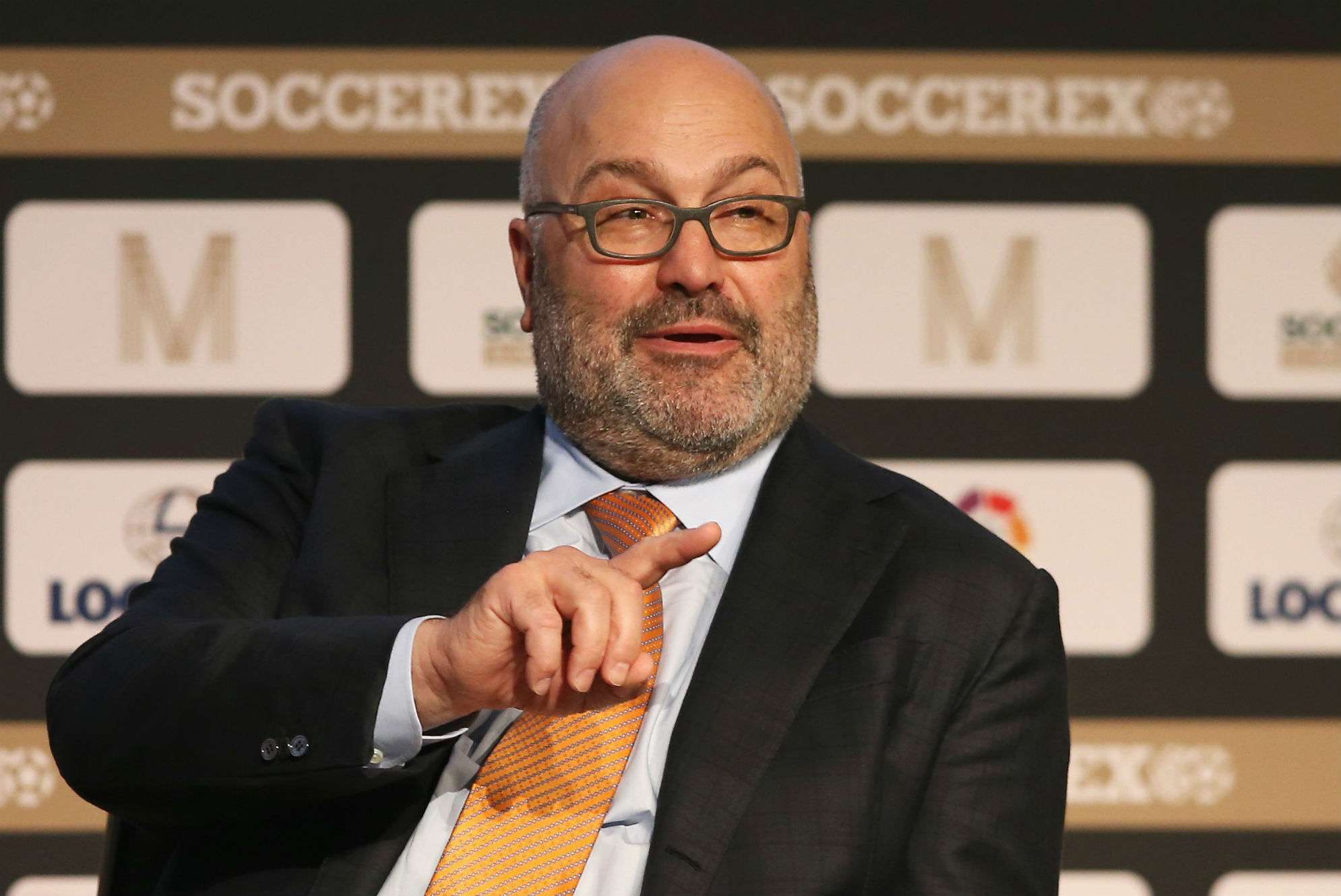 Getty Images
Getty Images
The Super League might not yet be here, but the Super League cartel is. The big seven teams involved in the previous negotiations – according to Der Spiegel ’s leaks – were Real Madrid, Barcelona, Manchester United, Bayern Munich, Juventus, AC Milan and Arsenal. Add in Liverpool, Manchester City, PSG and Chelsea and you’ve got the 11 clubs allegedly lined up for participation in a new competition.
It’s due to start in 2021 at the end of the current cycle and slated to be announced this month. That’s according to a leaked email to Real Madrid from investment group Key Capital Partners, as reported by Der Spiegel .
Those 11 would never be relegated and be joined by five more guest clubs. But a Super League might not be the draw the clubs think it is. In the idea they overestimate their fans’ tolerance.
It is indeed a critical juncture for the Champions League; it has been relegated to a niche competition in the UK due to its failure to find a broadcaster on terrestrial television.
It is locked away on pay TV with audiences something like 10 times smaller than the days when it was on ITV. British audiences in particular are more concerned with what their teams do at the weekend than in Europe in midweek.
The competition is stale, particularly in the group stages, where the pot one and two teams often qualify after four matches at the expense of sides who have no business taking them on in a match. Up until the second legs of the quarter-finals, the whole competition is often a formality.
In that regard, the clubs best be careful what they wish for. That repetitive rhythm of the same teams reaching the same stage year after year – with the odd notable exception – is both what they strive to achieve into perpetuity and also what fans are growing sick of. But even striking that compromise is what UEFA had to do in order to satisfy the demands of its big monsters in the draw.
Without those guarantees, they may well have already walked away and started their own competition. Whether Rummenigge and the ECA would actually have upped sticks and started a tournament with Stillitano can only be speculated about. But the threat is enough.

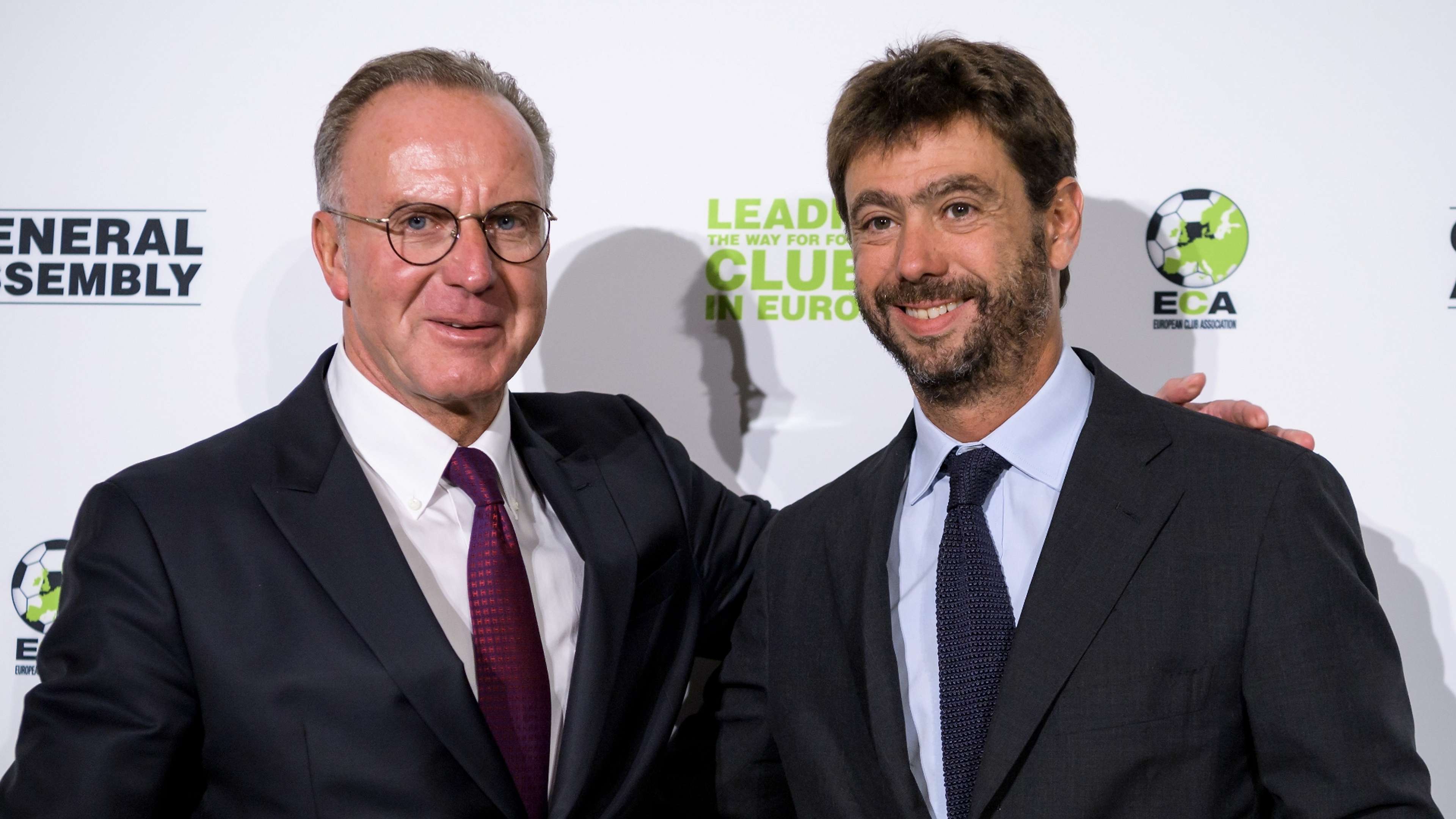

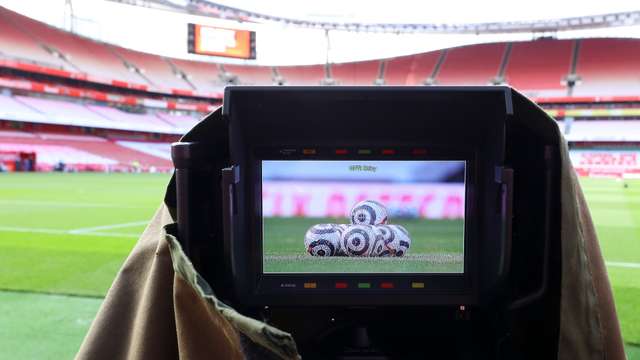
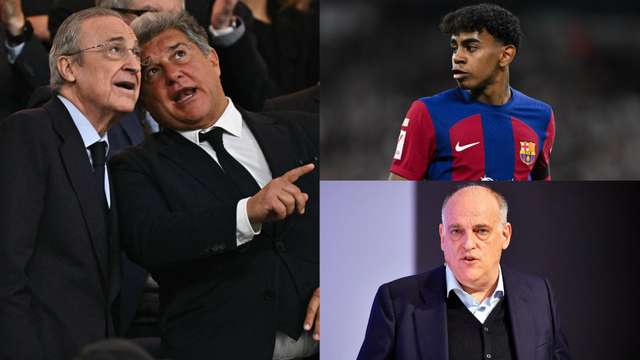
-min.png?auto=webp&format=pjpg&width=640&quality=60)